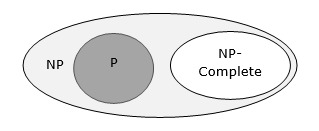Hello @dummy-co-der,
Thank you for opening an issue. :octocat:
Note - Self-assigns by the original author will be prioritised by mentors manually
To get assigned to this particular issue please use /assign
Check this guide before contributing.

7874